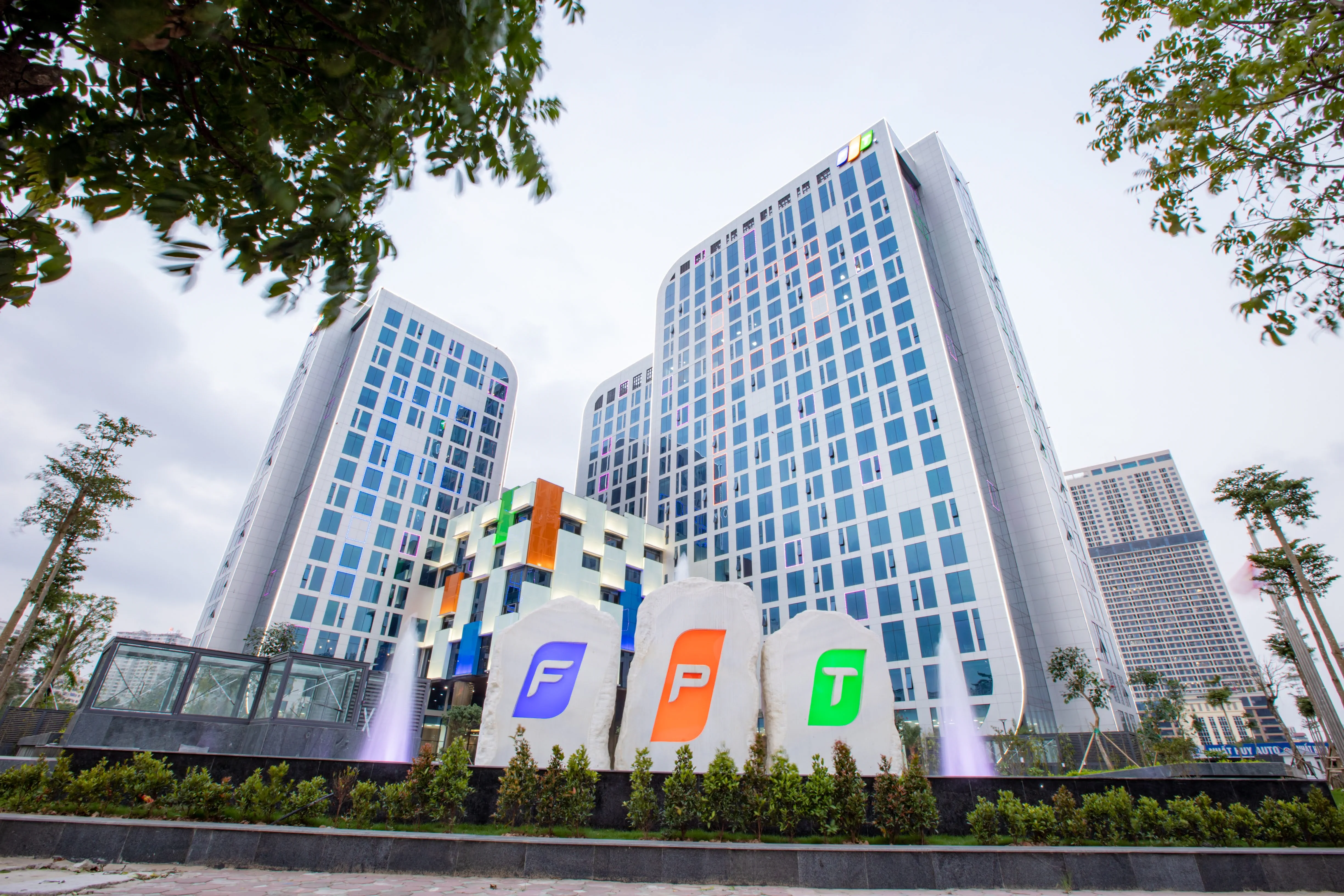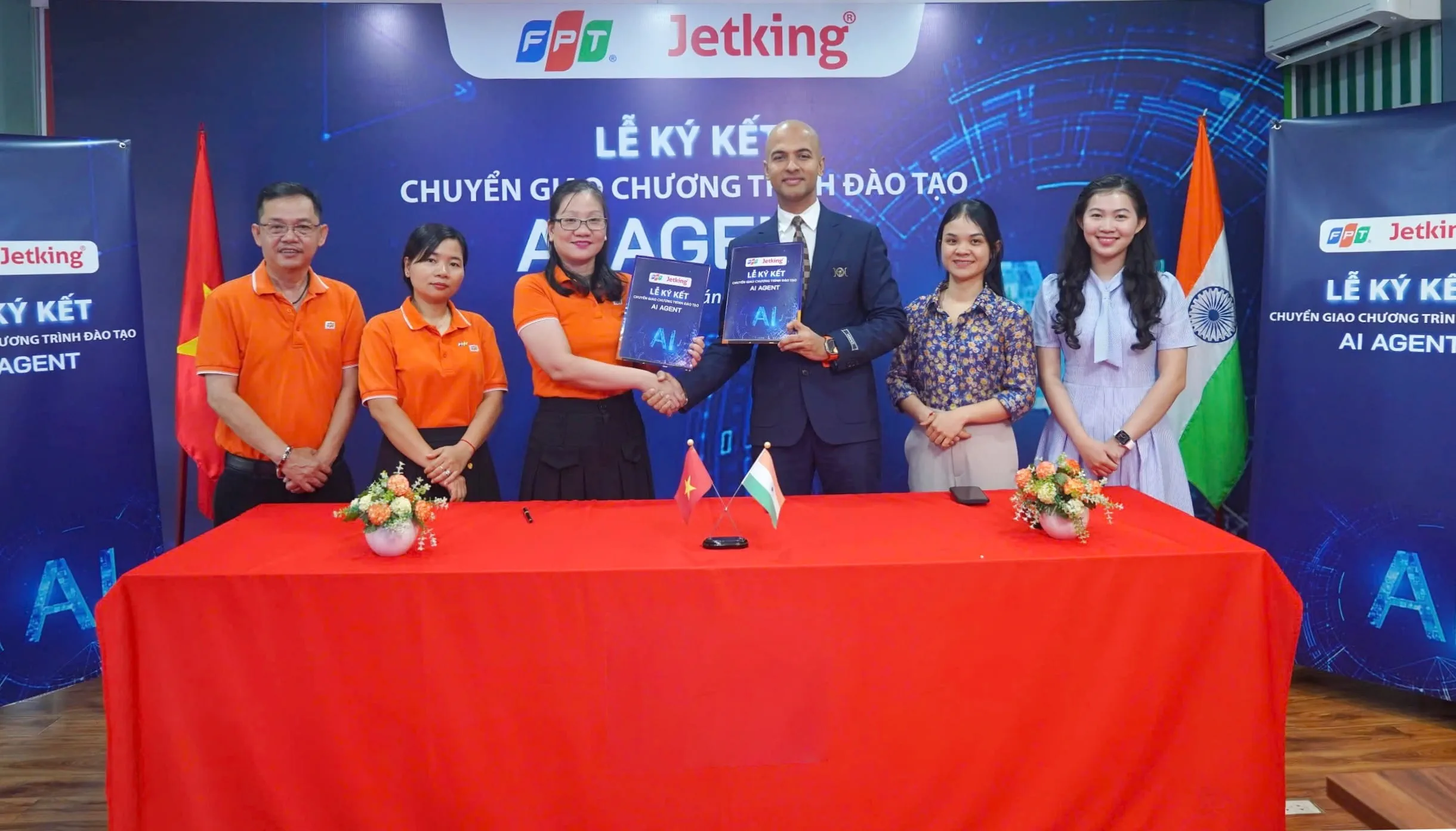FPT Ready to Support the Ministry of Health in Driving a Digital Breakthrough for a Fully Integrated Smart Healthcare System
•
18/11/2025
A fully integrated, technology-enabled healthcare ecosystem is a top priority of the Government, the Ministry of Health, hospitals, and medical facilities nationwide. At the “70th Anniversary of the Development of Science, Technology, Digital Transformation, and Healthcare Workforce of Vietnam’s Health Sector” held on November 17–18 in Hanoi, FPT introduced a comprehensive ecosystem of digital healthcare solutions designed to address these priorities.
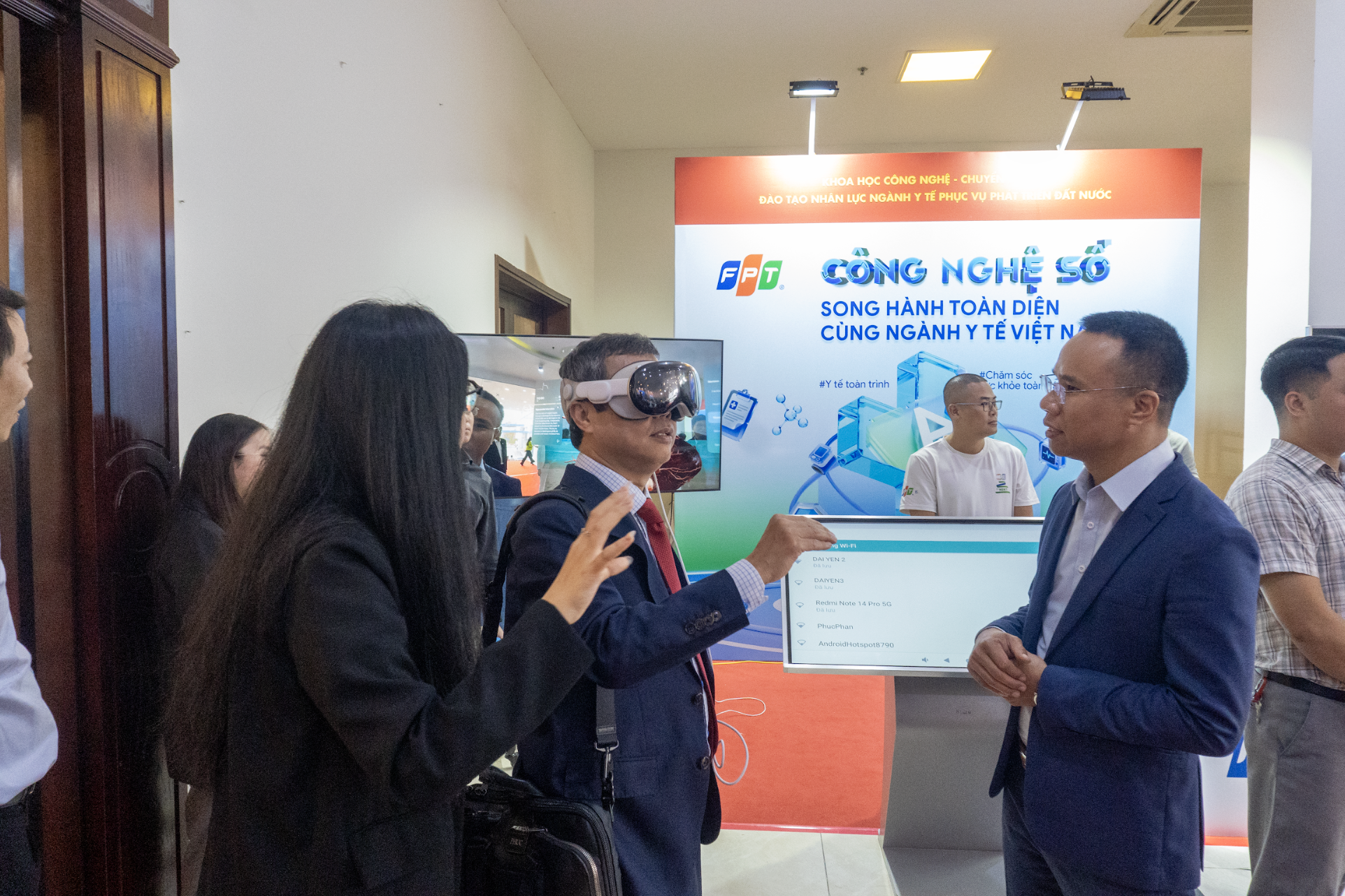
Image 1: FPT showcases its digital healthcare ecosystem accompanying Vietnam’s health sector.
With more than 23 years of partnership with Vietnam’s healthcare system, FPT was honored to participate in the event, providing in-depth perspectives on the application of artificial intelligence and digital technologies across the end-to-end continuum of care—from home to pharmacies to hospitals—while introducing its flagship healthcare technology solutions.
Speaking at the event, Deputy Minister of Health Nguyễn Tri Thức emphasized: “In recent years, the healthcare sector has achieved significant advancements in science and technology, innovation, digital transformation, and workforce training—especially major breakthroughs aligned with Resolutions 57-NQ/TW, 71-Q/TW, and 72-NQ/TW. These accomplishments have introduced many new methods and products that enhance public healthcare. They contribute meaningfully to the Government’s overarching goal of universal healthcare access, enabling citizens to receive high-quality medical services and progress toward comprehensive health coverage.”

Image 2: Dr. Trần Tùng from FPT highlights AI as a key enabler for diagnostic imaging, personalized treatment, and hospital workflow automation.
In his keynote session, Dr. Trần Tùng – Director of Digital Healthcare Transformation Consulting at FPT IS presented deep insights into the role of artificial intelligence, big data, and digital platforms across the continuum of care.
FPT emphasized that technologies such as IoMT, electronic medical records (EMR), 5G, big data, blockchain, and smart hospital systems are enabling real-time connectivity, monitoring, and medical management. AI, in particular, is becoming a critical enabler for:
• Medical imaging diagnostics
• Personalized treatment
• Hospital workflow automation
• Clinical pharmacy and preventive healthcare
• Telehealth and remote care services
To achieve these goals, the health sector requires synchronized data infrastructure, a complete legal framework, robust cybersecurity, and strong healthcare IT human resources. FPT affirmed its commitment to continuously support the Ministry of Health in building a modern, intelligent, and sustainable healthcare ecosystem.
During the same session, a representative from the United Nations Development Programme (UNDP) shared insights about the “Doctor for Every Home” model—built by FPT for the Ministry of Health with support from UNDP—to expand access to remote medical consultations.
As of October 31, 2025, the system has achieved:
• 1.9 million activated citizen accounts
• 73,556 people booking 119,118 telemedicine appointments
• 23,696 video consultations, including 15,683 remote medical support calls
These figures highlight the effectiveness of telehealth at scale, while reaffirming FPT’s capability in delivering digital healthcare platforms that support the Government, the Ministry of Health, and international organizations in advancing universal healthcare access.
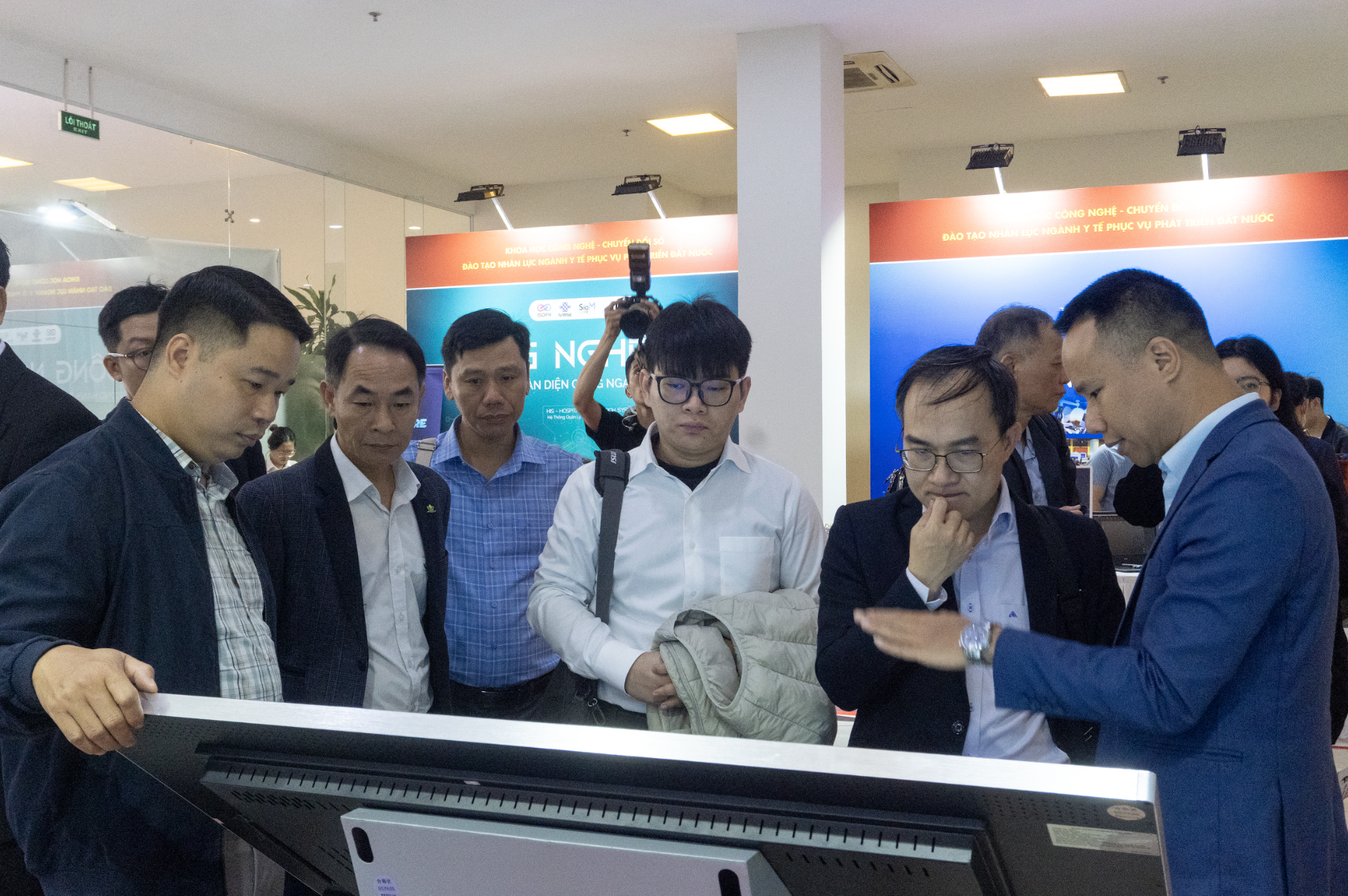
Image 3: FPT’s healthcare technology solution showcase attracts strong interest from leaders and delegates.
FPT’s smart hospital ecosystem has supported hundreds of hospitals nationwide through the FPT.eHospital comprehensive management platform. This ecosystem includes solution groups such as:
• Hospital Information System (HIS)
• Laboratory Information System (LIS)
• Radiology Information System (RIS)
• Picture Archiving and Communication System (PACS)
• Electronic Medical Records (EMR)
• Financial management and executive dashboards
• Integration and interoperability modules
• New intelligent applications
Notably, FPT.EMR, an independent electronic medical record management system, allows healthcare facilities to manage all patient treatment information on a single platform, enabling paperless operations and the advancement of smart hospitals.
Recently, FPT partnered with 70 hospitals nationwide—including several top-tier hospitals—to accelerate EMR adoption within just six months. Based on each institution’s specifics, FPT’s experts designed flexible implementation roadmaps, helping hospitals transition from paper records to fully digital patient records.
FPT also introduced AzLadin, a digital healthcare platform designed to enable smart and personalized care models. AzLadin helps hospitals and clinics manage medical records, track treatment progress, and provide remote consultation through an integrated system. By optimizing operations and improving doctor–patient engagement, the platform enhances care experience, reduces costs, and improves service quality.
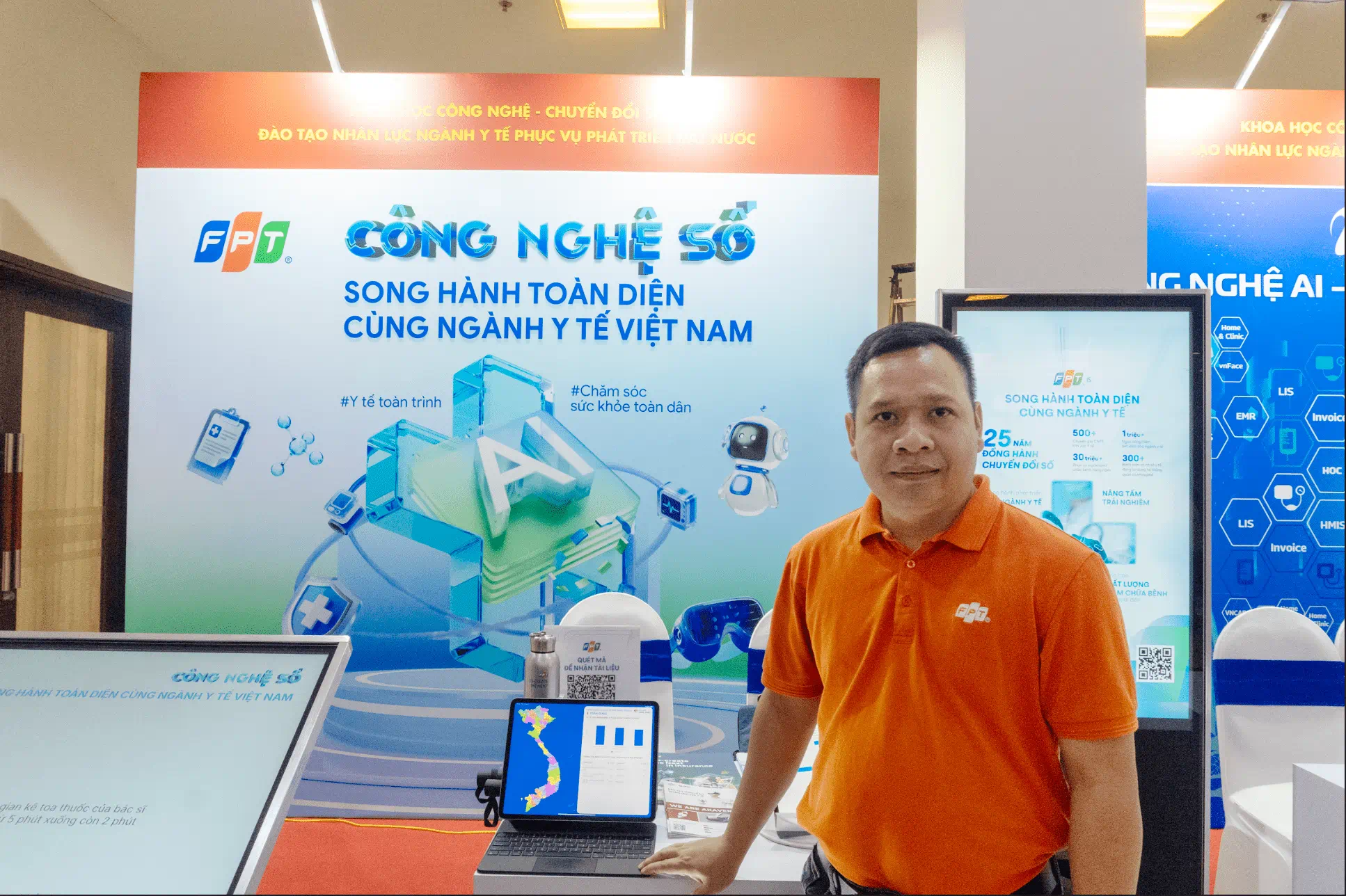
Image 4: The epidemiological and pharmaceutical map helps authorities optimize resources and ensure timely access to medication for citizens.
Developed by FPT Long Châu, the Vietnam Epidemiological & Pharmaceutical Map attracted significant interest. It integrates prescription and medication data from over 2,200 pharmacies, serving more than 28 million citizens, cross-referenced with national identification data via VNeID. Using real-time analytics, the system forecasts disease risks, assesses medication needs by locality, and supports effective preventive health policymaking.
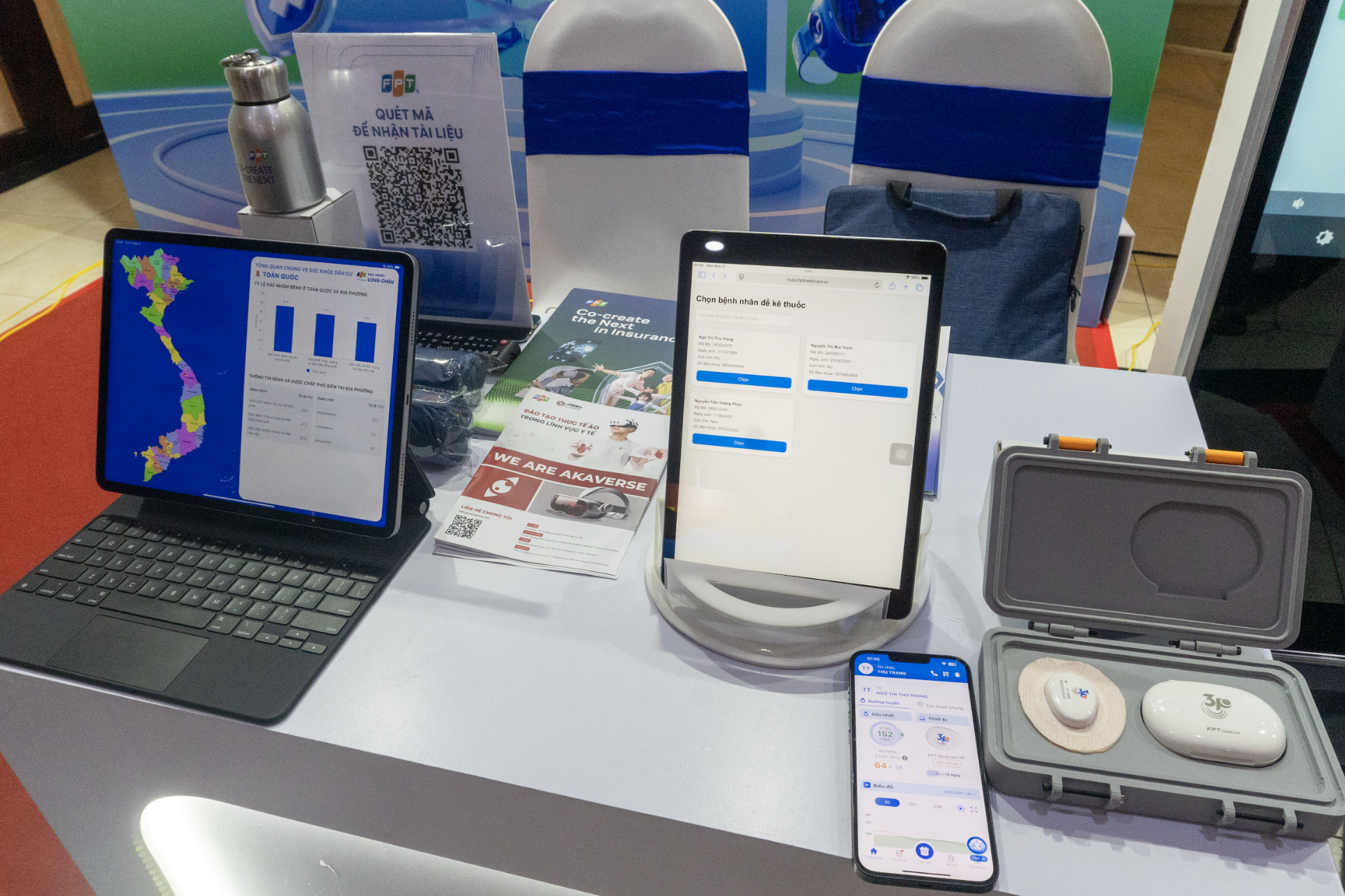
Image 5: The non-invasive continuous glucose monitoring device draws strong interest from healthcare units and attendees.
Another highlight at the exhibition was the 3P continuous glucose monitoring device, an IoMT solution that tracks glucose 24/7 without requiring blood samples. Data is updated every three minutes and displayed on a mobile app, allowing users to monitor the effects of diet, activity, and medication over 14 days. A “replay” feature visualizes glucose fluctuations across the day. The data can also be shared with physicians via FPT MediCare, enabling timely and precise treatment adjustments.
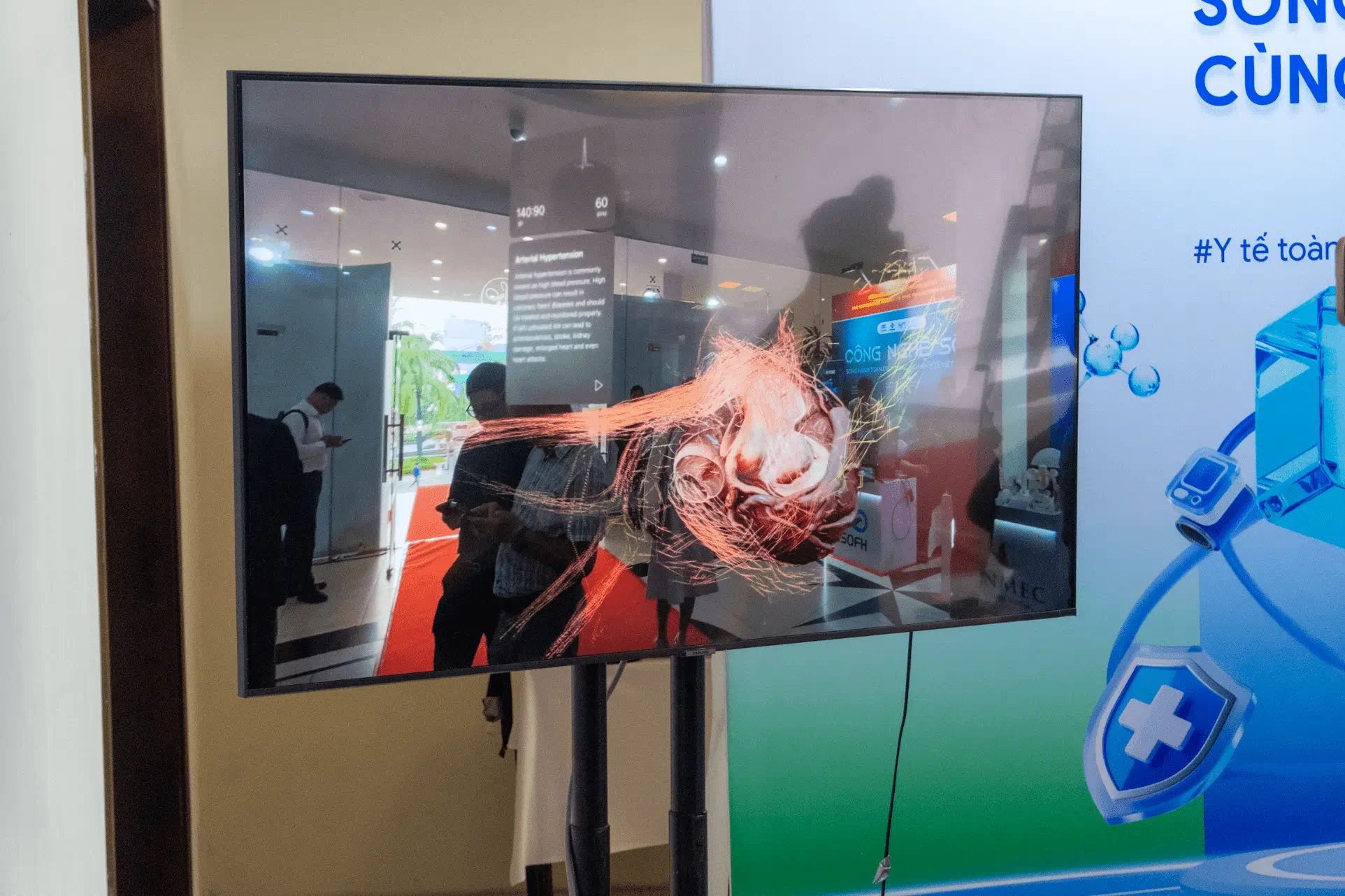
Image 6: The VR-based Medical Training Platform provides immersive, interactive training experiences for healthcare students and professionals.
MIVO, the VR-based Medical Training Platform developed by FPT, addresses long-standing challenges in traditional medical training, especially amid healthcare workforce shortages. It provides detailed 3D anatomical models of organ systems (muscles, bones, joints), and realistically simulates clinical nursing procedures and disease scenarios in a virtual environment. Learners can visualize structures, observe biomechanical simulations, and repeatedly practice medical skills without risk to patients or physical specimens.
Beyond medical solutions, FPT also introduced digital workflow and cybersecurity platforms that strengthen governance and operational capacity for healthcare facilities, including Kyta Platform and FPT.EagleEye.
Mr. Phạm Thanh Tùng, Director of the Healthcare Division at FPT IS, affirmed FPT’s commitment: “FPT will continue leveraging its technological capabilities to support the health sector in enhancing preventive healthcare, public health management, and service quality—toward a smart, modern, and equitable healthcare system.”
With integration of advanced technologies and over a decade of AI research, FPT is committed to helping the healthcare sector expand access to personalized medical services through telehealth and real-time patient monitoring—contributing to a modern, intelligent, and sustainable healthcare system for all.


